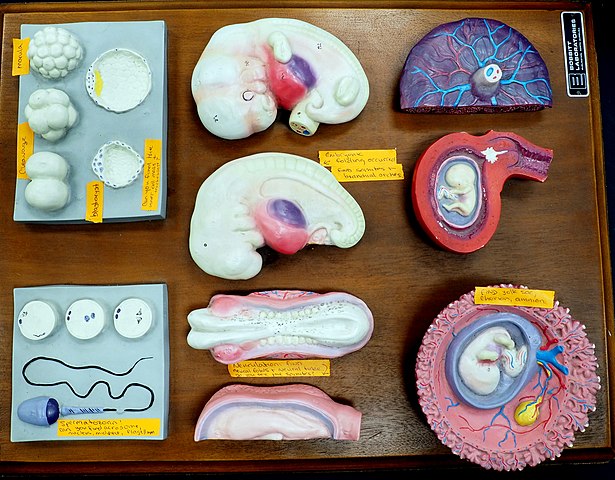Aggregated News

The International Society for Stem Cell Research (ISSCR), which bills itself as “the voice of the stem cell research community,” has announced that it no longer endorses the prevailing international standard limiting human embryo research to 14 days after fertilization.
Human embryo research has long been a thorny ethical issue because of competing views about the moral status of the developing embryo. Some people argue that human embryos have the moral status of persons and are considered protectable human life — that embryos should not be used for research, especially research that results in their destruction.
Other people reject such claims, highlighting the potential scientific and therapeutic benefits of research involving human embryos. These benefits include investigation of human development, cancer cell growth, congenital diseases and the causes of miscarriages. Applications of this research include developing contraceptives, diagnosing genetic diseases, treating infertility and other maladies.
The earlier ISSCR guidelines from 2016 prohibit the cultivation and use of embryos beyond 14 days.
The updated guidelines announced May 26 eliminate this prohibition...



